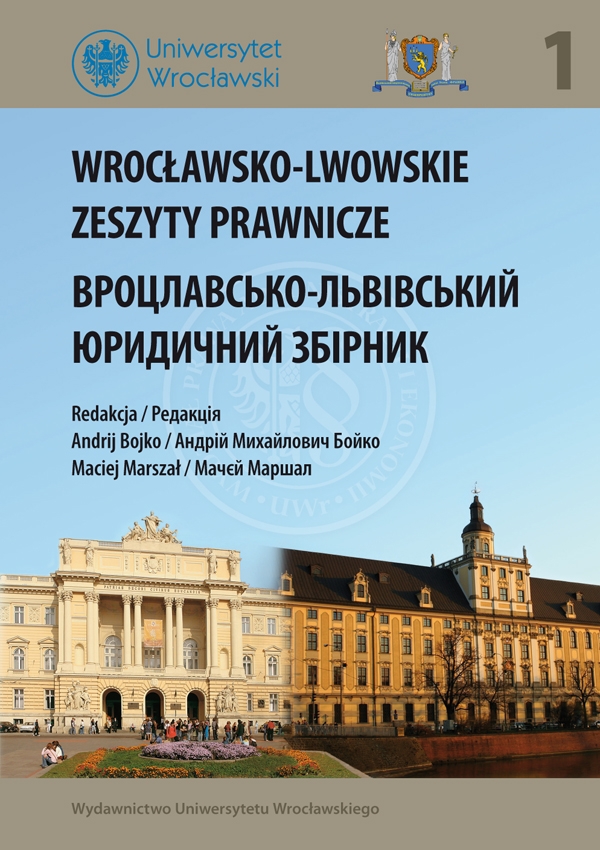

Artykuły

The European Neighbourhood Policy and its Importance for the Western European Countries
The European Neighbourhood Policy ENP was developed in 2004, with the objective of avoiding the emergence of new dividing lines between the enlarged EU and its neighbours and instead strengthening the prosperity, stability and security of all concerned. In this way, it also addresses the strategic objectives set out in the December 2003 European Security Strategy. The ENP was first outlined in a Commission Communication on Wider Europe in March 2003, followed by a more developed Strategy Paper on the European Neighbourhood Policy, published in May 2004. The EU offers its neighbours a privileged relationship, building upon a mutual commitment to common values. The level of ambition of the relationship will depend on the extent to which these values are shared.
The central element of the European Neighbourhood Policy are the bilateral ENP Action
Plans agreed between the EU and each partner. These set out an agenda of political and economic reforms with short and medium-term priorities.
At the outset of the process, the Commission prepared Country Reports assessing the political and economic situation as well as institutional and sectoral aspects, to assess when and how it is possible to deepen relations with each country. Country Reports are submitted to the Council which decides whether to proceed to the next stage of relations. That next stage is the development of ENP Action Plans with each country. The incentives on offer, in return for progress on relevant reforms, are greater integration into European programmes and networks, increased assistance and enhanced market access. From 1 January 2007 onwards, as part of the reform of EC assistance instruments, the MEDA and TACIS and various other programmes have been replaced by a single instrument — the European Neighbourhood and Partnership Instrument ENPI. It is designed to target sustainable development and approximation to EU policies and standards — supporting the agreed priorities in the ENP Action Plans as well as the Strategic Partnership with Russia, which was previously also covered by the TACIS programme. For the next budgetary period 2007–2013, approximately €12 billion in EC funding are available to support these partners’ reforms, an increase of 32% in real terms. Funds allocated to individual country programmes depend on their needs and absorption capacity as well as their implementation of agreed reforms. An important aspect of the ENP, and the strategic partnership with Russia, is to markedly improve cross-border cooperation with countries along the EU’s external land and maritime borders, thus giving substance to our aim of avoiding new dividing lines. The ENPI therefore supports cross-border contacts and co-operation between local and regional actors and civil society.